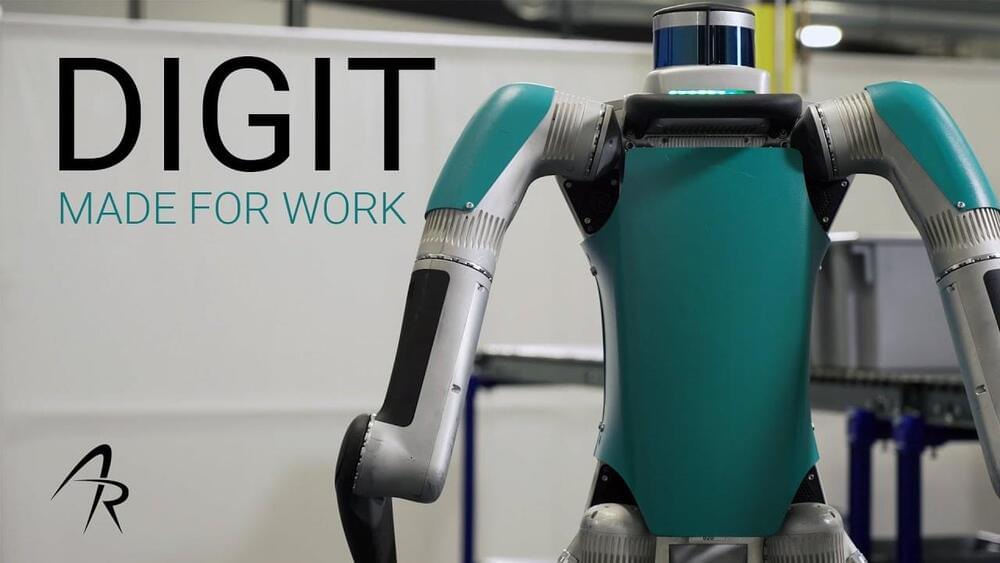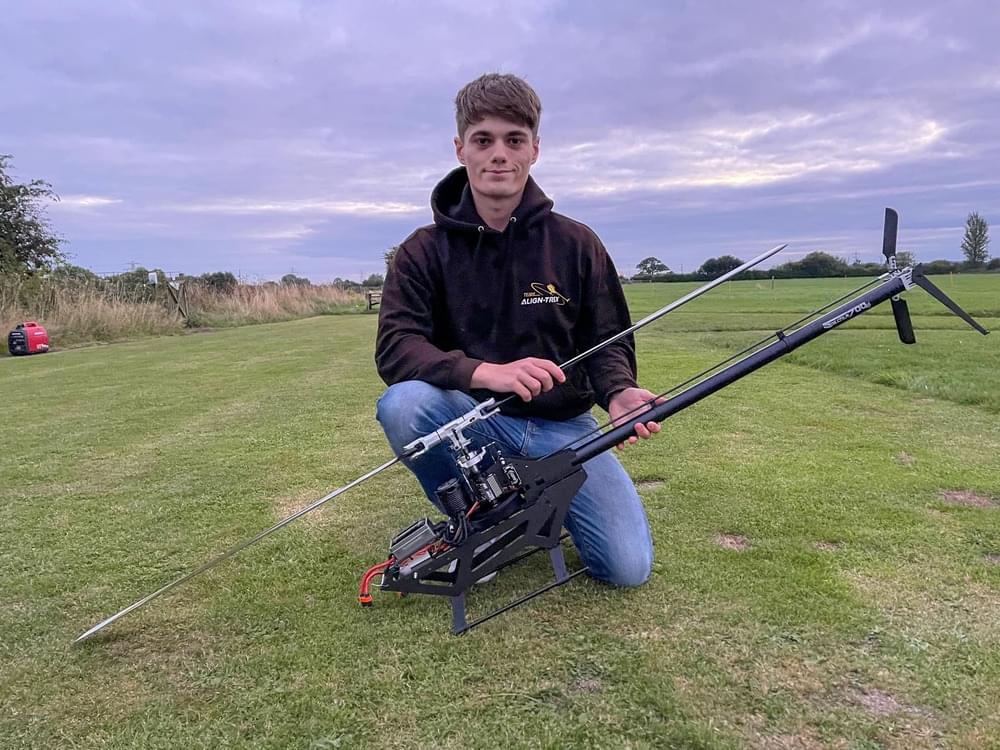Page 6191
Sep 4, 2021
Here’s the new Specter 700 V2 all built and flight ready 😁
Posted by Chima Wisdom in category: futurism
Sorry if I look a bit horrible, I’ve been a bit ill the past few days. But the V2 sure doesn’t look half bad. She does indeed fly as good as she looks.
As mentioned before the feeling of the tail is a big improvement, the head itself feels much tighter and more locked in, in part thanks to the more rigid frame. It also flips on a dime too, thanks to the lowered head and more central centre of gravity.
All in all I’m loving this model. It’s getting dark now, I should probably go home… one more flight maybe 😂
Continue reading “Here’s the new Specter 700 V2 all built and flight ready 😁” »
Sep 4, 2021
A Vaccine To Prevent Cancer Evolution
Posted by Omuterema Akhahenda in categories: biotech/medical, evolution
A cancer vaccine could be an effective way to prevent cancer from evolving and becoming resistant to treatment, new research suggests.
Scientists were investigating the use of a cancer-killing virus in clinical trials, and observed, as they had also seen in mice, that although some patients initially responded to the treatment, their tumours soon became resistant.
The researchers showed that the specific mutations causing tumour cells to become resistant to the viral treatment, could be anticipated and exploited using a vaccine which, when tested in mice, was shown to trigger the immune system to destroy treatment resistant tumour cells.
Sep 4, 2021
Car of the Week: The 2,040 HP Estrema Fulminea Hypercar May Be a Lightning Strike on the EV Market
Posted by Omuterema Akhahenda in categories: business, climatology, sustainability
New marque Automobili Estrema plans for its first model to reach 200 mph in less than 10 seconds and have a 325-mile range.
Automobili Estrema is a marque soon to become synonymous with extreme technology and performance in the hypercar stratosphere. Founded in 2020—a challenging year by any measure—the company is Italian through and through, though its team members and partners represent a global Who’s Who of leaders within the energy and automotive industries. Founder and CEO Gianfranco Pizzuto, an entrepreneur with an international business background, was the first investor and cofounder of Fisker Automotive in 2007. It was a bold venture into uncharted territory at a time when EVs were experiments and the first Tesla Roadster was still a year away. Now, as head of Automobili Estrema, he and his team have spent a year in virtual collaboration and accomplished what is nothing less than remarkable.
Sep 3, 2021
Headless, Two-Legged Robot Digit Is Now Ready to Take Over Your Duties
Posted by Dan Kummer in category: robotics/AI

It was “born” in 2019 when its creator, Agility Robotics, first introduced it as a highly-capable robot with legs and arms, suited for both indoor and outdoor use. Now Digit is available for purchase and ready to take over your tedious duties.
Sep 3, 2021
Scientists Build Molecule-Sized “Camera” To Watch Chemical Reactions in Real-Time
Posted by Kelvin Dafiaghor in categories: chemistry, solar power, sustainability
The device offers a far simpler way of monitoring how various chemical compounds form during reactions than the methods currently available to scientists, and the team that built the “camera” says it’s already using it to improve the technology behind solar cells.
Controlling the specific order and process of molecular assembly is notoriously difficult, especially at such tiny scales. Thankfully, the scientists realized that they merely had to plunk its components into room-temperature water — along with whatever molecules they wanted to study — and it would piece itself together automatically.
“We were surprised how powerful this new tool is, considering how straightforward it is to assemble,” first study author and Cambridge chemist Kamil Sokolowski said in a press release.
Sep 3, 2021
Radar ‘closer to spotting stealth jets’ with Chinese quantum project
Posted by Derick Lee in categories: military, particle physics, quantum physics
Quantum radar was proposed as a solution more than a decade ago. Some quantum technologies, such as the entanglement of subatomic particles, could in theory boost the sensitivity of a radar.
Quantum particles in a man-made electromagnetic storm bounced back after hitting stealth object, increasing chance of detection, according to Tsinghua University team.
Sep 3, 2021
Segway’s robot mower uses GPS to stay on your lawn
Posted by Dan Kummer in categories: information science, robotics/AI, transportation
There’s no need to install a perimeter wire with the Navimow.
Is moving into the robot mower market with the Navimow. What sets this model apart from many others is that you don’t need to install a boundary wire. Instead, Navimow uses GPS and other sensors to stay within the perimeter of your lawn.
A so-called Exact Fusion Locating System can maintain Navimow’s position accurate to within two centimeters, according to Segway. If the GPS signal ever dips, the company says the device’s array of sensors and data ensure it will still work. You can tell Navimow where to mow, define the boundaries and instruct it to avoid certain parts of your garden via an app. Segway claims Navimow uses an algorithm to figure out a mowing path so it doesn’t have to criss-cross.
Continue reading “Segway’s robot mower uses GPS to stay on your lawn” »
Sep 3, 2021
The hard problem of consciousness is already beginning to dissolve
Posted by Dan Kummer in category: neuroscience
Science can solve the great mystery of consciousness – how physical matter gives rise to conscious experience – we just have to use the right approach, says neuroscientist Anil Seth.
Sep 3, 2021
AI Can Predict Possible Alzheimer’s With Nearly 100 Percent Accuracy
Posted by Genevieve Klien in categories: biotech/medical, information science, robotics/AI
Summary: A new AI algorithm can predict the onset of Alzheimer’s disease with an accuracy of over 99% by analyzing fMRI brain scans.
Source: Kaunas University of Technology.
Researchers from Kaunas University, Lithuania developed a deep learning-based method that can predict the possible onset of Alzheimer’s disease from brain images with an accuracy of over 99 percent. The method was developed while analyzing functional MRI images obtained from 138 subjects and performed better in terms of accuracy, sensitivity, and specificity than previously developed methods.
















